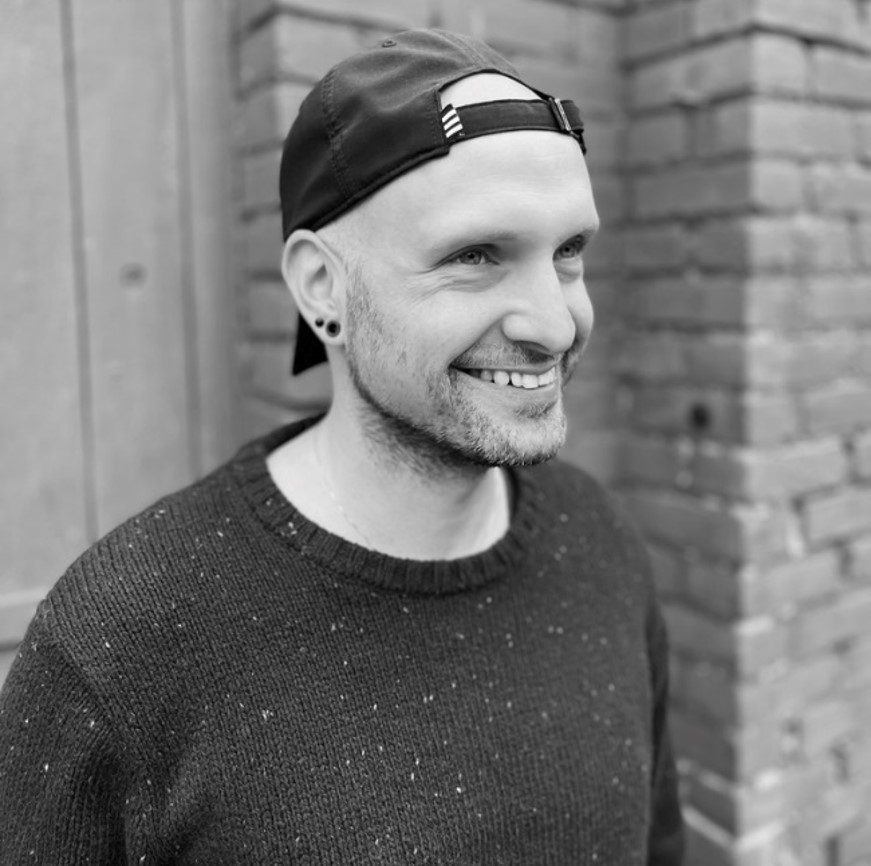
Christian is a senior research software developer and particle physicist at UCL. His research interests are focused on sustainable software development and creating software that delivers simulations to model data from CERN’s Large Hadron Collider. The collider-physics community depends on a large supporting suite of tools, libraries, data formats, and technical infrastructure, with significant contributions from UK-based groups, to produce and distribute simulated events efficiently and at scale.
As a research software engineer, Christian is able to bring the professional state of the art to particle-physics software and the expertise and challenges of particle physics to a multi-disciplinary environment. This much-needed collaborative effort fosters and further strengthens sustainable practices in scientific software development with long-lasting impact.
With a strong history of working closely with Monte Carlo (MC) generator authors, Christian wishes to lead the UK’s efforts in the development of sustainable and scalable MC production workflows to meet the challenges ahead. He is the lead developer of several open-source community tools which aim to bridge the gap between HEP experiments and theory. He has also played a leading role in recent efforts to reduce the CPU and energy costs associated with the high-precision MC calculations essential for flagship collider-physics experiments.
Christian and his collaborators were the first to propose a viable MC-event-generation approach that lends itself neatly to most modern GPU-accelerated hardware. This will allow better exploitation of computing resources in large-scale MC production campaigns, paving the way towards economically and ecologically sustainable event generation in the HEP exascale era.
“Being a CoSeC Fellow will offer me an exceptional opportunity to significantly impact the computational science landscape while advancing my career,” says Christian. “As a fellow, I will be able to leverage the wealth of expertise and resources of CoSeC, enabling me to enhance the quality and reliability of crucial research software tools – ultimately achieving better, more reproducible, and more open science. The professional development and networking opportunities afforded by CoSeC will not only broaden my skill set but also establish me as a leader in the field, while helping to bring together CoSeC and the fundamental science community.”